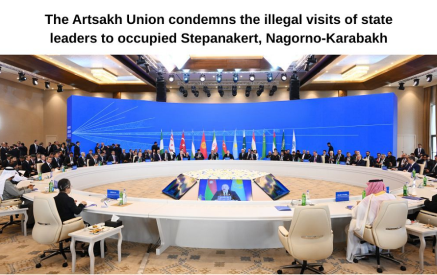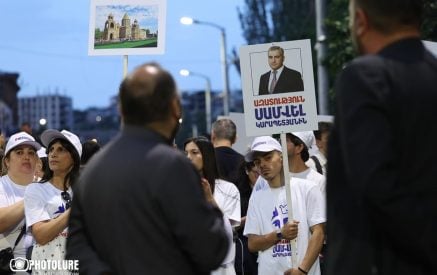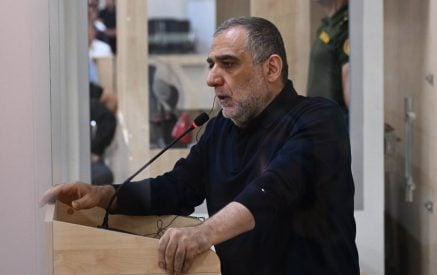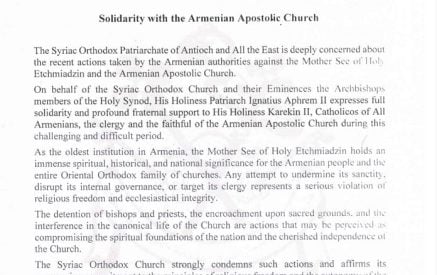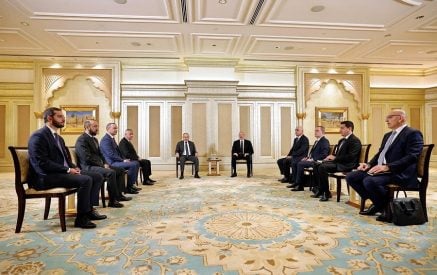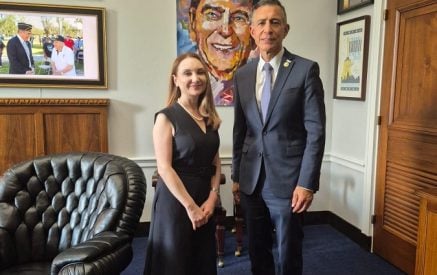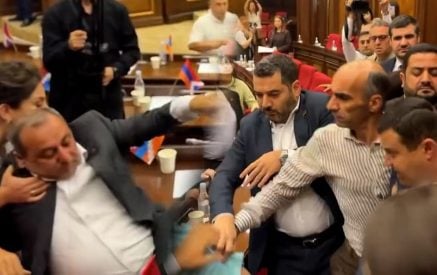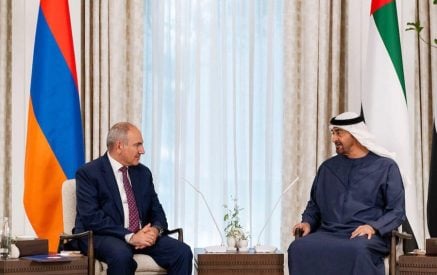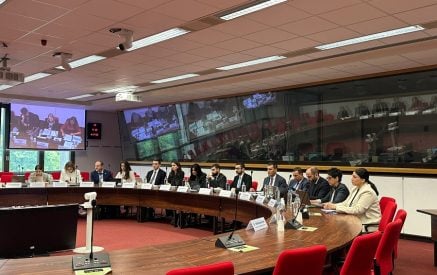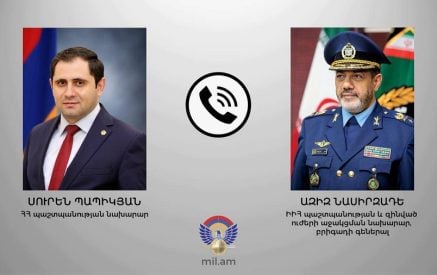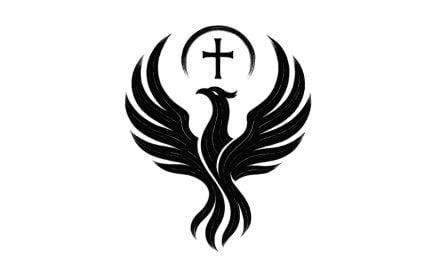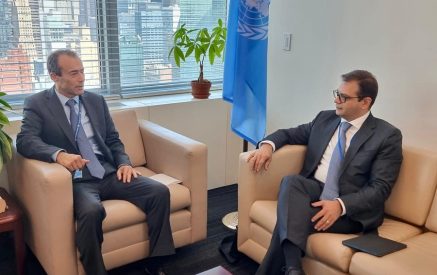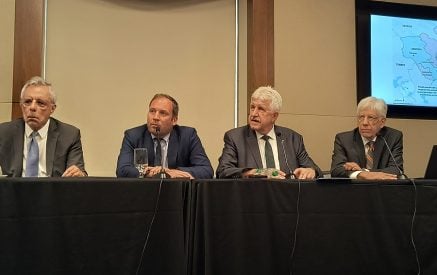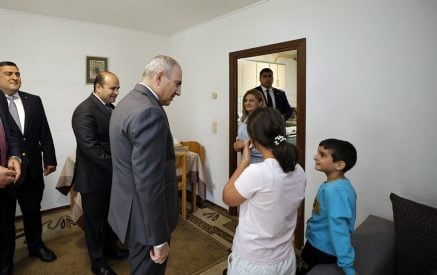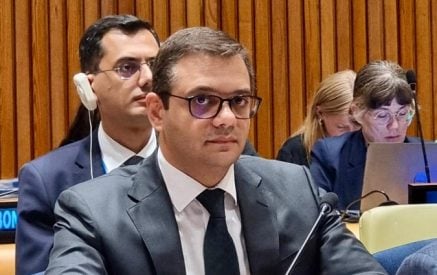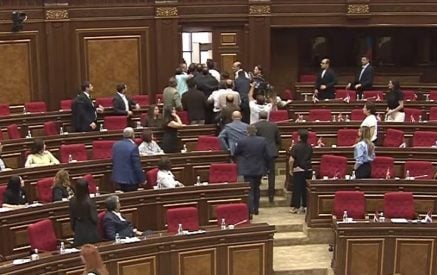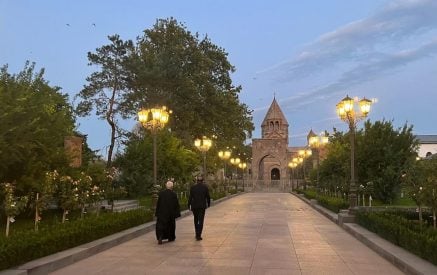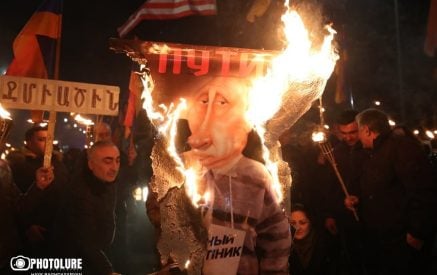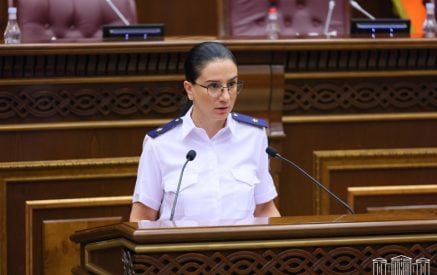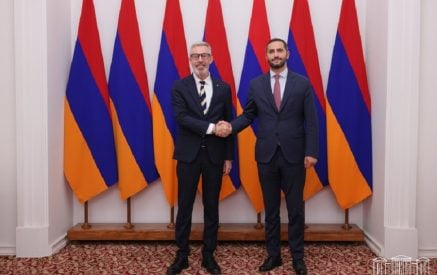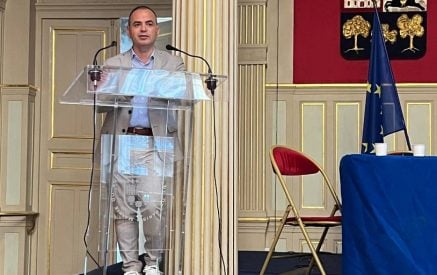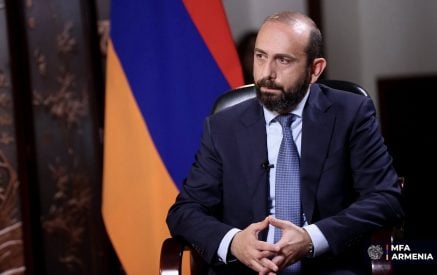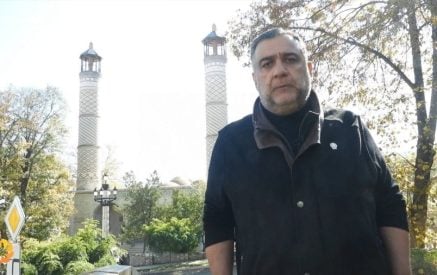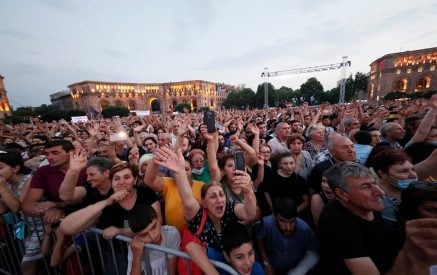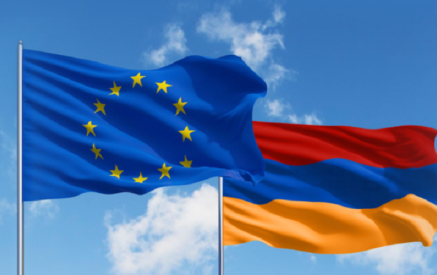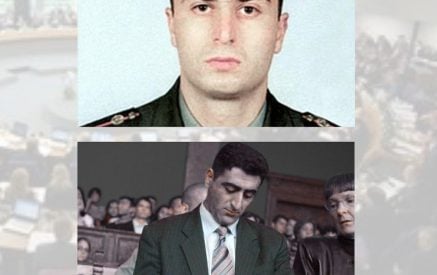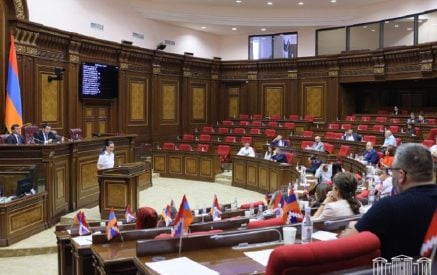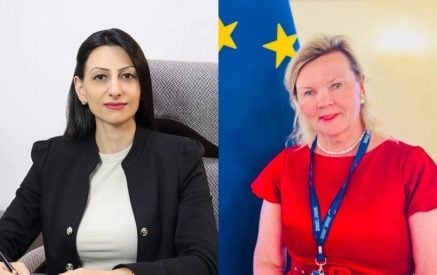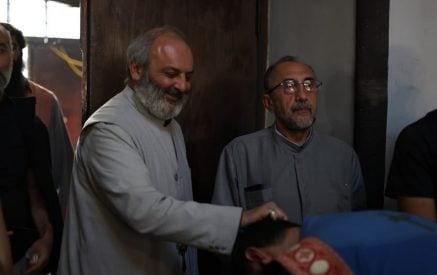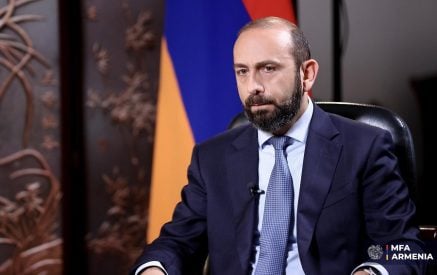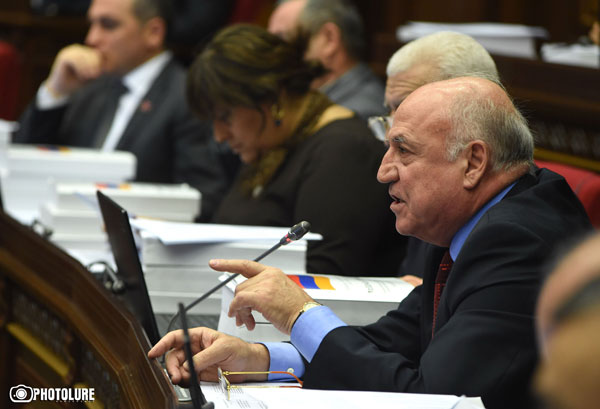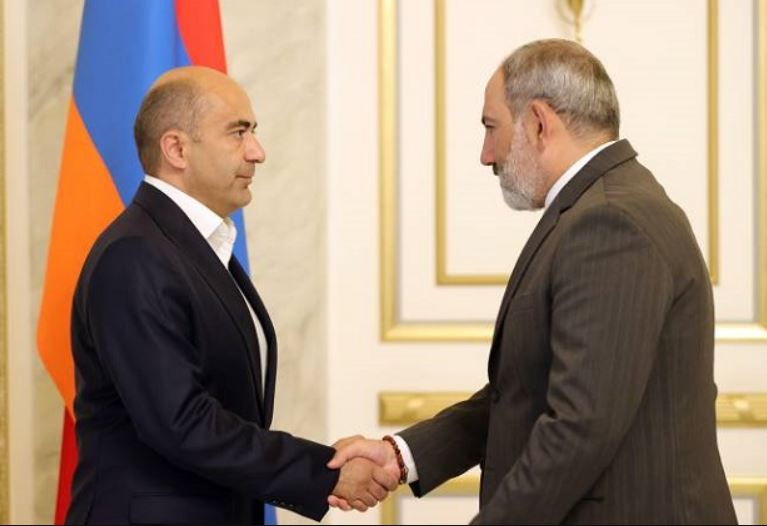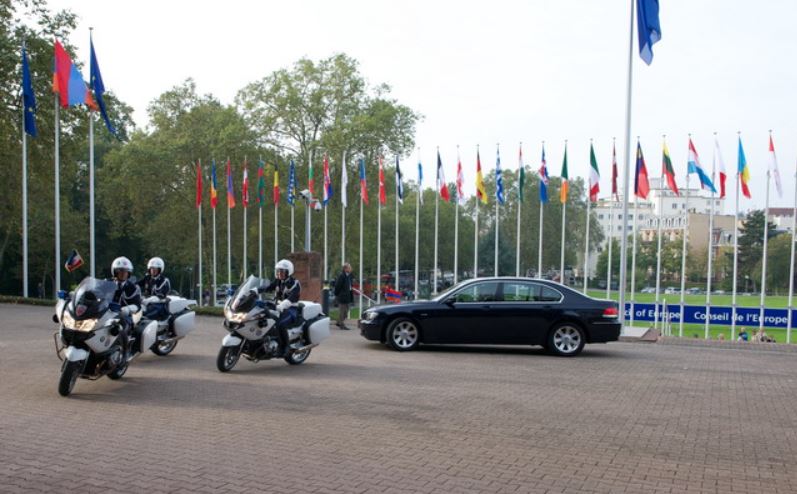Controversial resolution, controversial explanations
“If you take part in the vote, we should have voted for or against. We could not vote for because the documents included also the resolution of the Azerbaijani delegation, in which the territorial integrity prevailed over the right to self-determination. We could not vote against to all of it because the document included many recommendations and corrections adopted by the commissions, to which we also participated and our recommendations were also there. We had worked on it, we have tried to change some things, and now, if we vote against to the final document, it means that we are against to our recommendations as well. Therefore, we decided not to vote,” said RA NA PAP faction MP Stepan Margaryan, in the interview with “Aravot”, referring to the stance of the opposition members of the Armenian Delegation during the voting of the Declaration adopted by the OSCE Parliamentary Assembly in Helsinki.
Note that the OSCE Parliamentary Assembly ended in Helsinki by passing a Declaration. Earlier, Stepan Margaryan told us that the Armenian delegates have appeared in a difficult situation, as the principle of territorial integrity in the document prevails over the principle of self-determination, and the efforts of our delegated against it particularly do not result in anything. Head of the Armenian delegation, Artashes Geghamyan, was the only MP who voted against the Helsinki Declaration. The two opposition members of the Armenian delegation: Stepan Margaryan from PAP and Stepan Demirchyan from ANC, did not participate in the vote. The Helsinki Declaration also contains a strong criticism addressed to Russia. Stepan Margaryan does not connect Artashes Geghamyan’s vote with this, as earlier, France, Switzerland and Armenia have refused to participate in the vote of the anti-Russian resolution introduced to the plenary session of the OSCE Parliamentary Assembly. They connected it with the absence of the Russian delegation in the meeting. The matter is about No 15 resolution offered by Canada and Ukraine entitled “The continuation of Clear, Gross and Uncorrected Violations of OSCE commitments and international norms by the Russian Federation”. The Resolution discusses Russia’s actions in Ukraine. The French delegation announced that the situation should be resolved through a dialogue and both sides should be present at the discussion. Armenia’s and Swiss delegations joined this stance. “Similarly, we may not be present tomorrow and a decision regarding us be passed. We declare this stance correct,” said Stepan Margaryan. As for Geghamyan’s vote, he urged to talk to Geghamyan.
Head of the Armenian delegation, Artashes Geghamyan, regarding his scandalous vote, in the interview with “Aravot”, says that the reason for his vote is very simple. “The OSCE Parliamentary Assembly has brutally violated the OSCE fundamental documents, which reads that every delegation has the right to participate in the discussion of all matters relating to it, be they related to the country or not. And there was a clause in the Helsinki Declaration statement of facts that was unacceptable for us. Clause four of Chapter 1 calls for the conflicts in the OSCE area shall be regulated by the principle of territorial integrity. There is nothing about the self-determination of the peoples.” Clause 45 of the Declaration gives the definition of the national self-determination, which is in the section of obligation.
Read also
Artashes Geghamyan continues, “True, there were points that were not bad, but I had to express my position, especially since we had joined the French and Swiss postures the previous day about the issue of Russia.” As to why the Armenian delegation members failed to express a joint position during the vote, the question remained unanswered. Tevan Poghosyan, the opposition member of NA foreign relations committee, in the interview with “Aravot”, referring to this Declaration and the vote of the head of the Armenian delegation, firstly talked about the adoption of this kind of documents in different international structures when there was a reference to NKR issue mostly by separate clauses, noting that they see the settlement of this issue exclusively in the Minsk Group Co-Chairs format, based on the Helsinki Final Act and so on.
Our interlocutor also recalled the famous Declaration on Ukraine discussed in the UN, when just in one night a comment was added saying that they recognize the right of the nations to self-determination, but the referendum should take place only by the permit of the capital. “If Armenia had voted in favor of this kind of documents, naturally, then we would have the situation when they would say everywhere, if you respect the principle of the permission by the capital, then we do not recognize the referendums in Nagorno-Karabakh,” said our interlocutor, adding that he is not aware of more details that took place during the discussion, what the atmosphere was and which the problem was.
He agreed that the Declaration contains clauses that prove the supremacy of the Helsinki Final Act, which equally lists all the principles, but if the logic of the discussion was the fact that the preference is given to the principle of territorial integrity, then maybe Artashes Geghamyan’s vote was the right decision. “Let us not forget that the OSCE is also the structure when once the President of Armenia, Levon Ter-Petrosyan, had to put a veto on the Lisbon Summit final document, in which the OSCE respects all equal principles mentioned in the international obligations matters, but at the same time it brought a different approach. I do not know. As long as the atmosphere is not clear about what has happened, it is difficult to say whether the vote was correct or not,” said Tevan Poghosyan. He will wait for the return and explanations of his colleagues.
Nelly GRIGORYAN
“Aravot” daily




